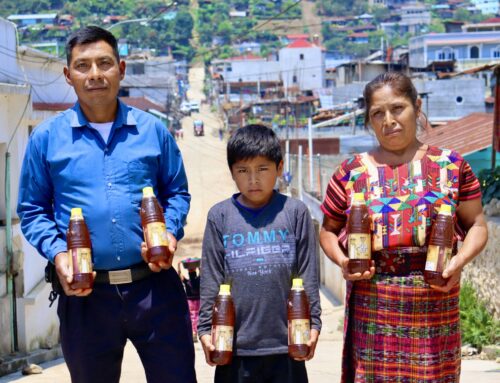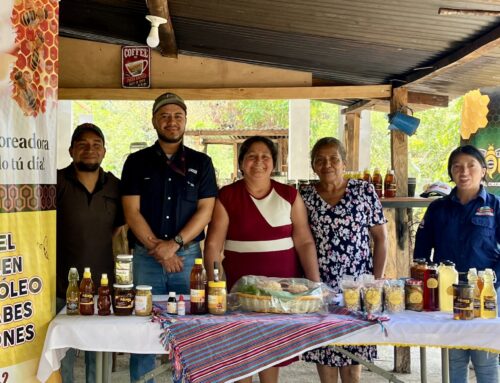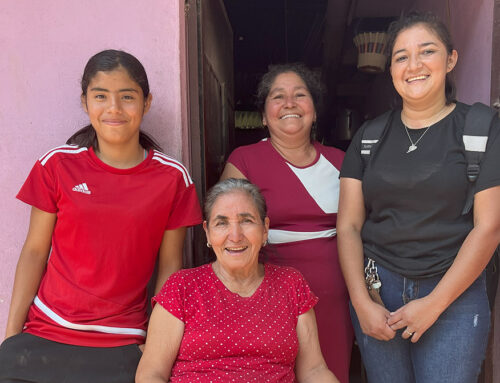by Cody Gallagher
Over the past several decades, the evolution of women’s roles in coffee-farming communities has been profound. While their impact has always been significant, their responsibilities are now more recognized and established – especially with migration driving many men who previously managed family farms out of their communities. Numerous programs are now also dedicated to furthering their involvement in these communities. Leaders within Food 4 Farmers, including those on the board, staff, and program teams, offer valuable insights into this evolution and the challenges that persist.
Irma Lopez Ramirez, a farmer from the ACODIHUE Coffee Cooperative in Guatemala, reflects on the newfound voice of women in these communities. “Women no longer stay silent; they participate and speak their minds,” she says, highlighting the growing space for women to make decisions and pursue their aspirations.
Jen Peterson, a board member of Food 4 Farmers, emphasizes the importance of male allies in promoting gender equity. “While strides have been made, women still struggle for recognition and leadership roles. Figures like Marceline in DRC and Hadija Jabiri in Tanzania are paving the way for future generations, but their path is arduous and demands unwavering support from family, including forward-thinking husbands”.
It’s also important to acknowledge the expanding role of women beyond farming. Bety Ocampo, Program Manager at Food 4 Farmers, observed that “more and more women, especially the younger generation, are entering fields like cupping and barista work in Latin American coffee-farming communities”. She says that many women also seek to enhance their living conditions, participation, and skills through organizational initiatives.
Despite these advancements, significant challenges persist. Access to finance remains a hurdle, with discrimination and lack of land titles inhibiting women’s economic empowerment. Gender-based violence and safety concerns during travel further compound these challenges.
Jen Peterson stresses the need for continued support: “Change is happening, but equity is still a distant goal.” She highlights the need to address societal norms that limit women’s participation in organizational activities and confine them to traditional roles.
As we reflect on the journey of women in coffee-farming communities, it’s evident that progress has been made, but there’s still much work to be done. Supporting Food 4 Farmers’ Coffee Needs Women campaign directly benefits women in these communities. By funding salaries for women at origin who implement our food security programs in their communities, organizing food sovereignty workshops, and promoting organic food production, your support will contribute to a more equitable future for coffee-farming communities.




